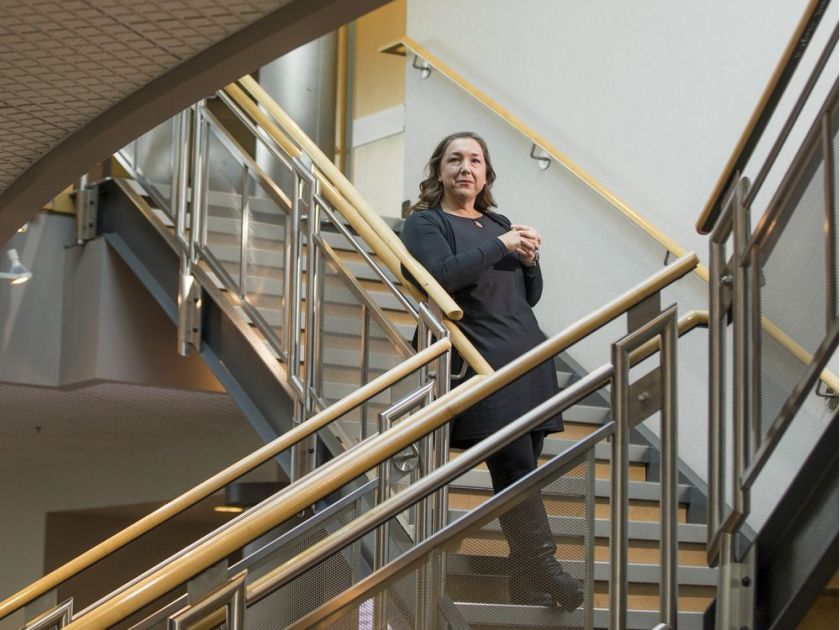
Why don't all health practitioners offer assisted death?
"I thought it was that you supported MAiD or you don't. But there's a whole spectrum in there."
By Zak Vescera | Saskatoon StarPhoenixAs the debate on medical assistance in dying (MAiD) begins once again on Parliament Hill, a Saskatoon nurse is trying to shed light on why some practitioners don't offer the procedure, as reported by the Saskatoon StarPhoenix.
For her doctoral research, Janine Brown (BSN'00) asked doctors and nurses in Saskatchewan why they didn't offer MAiD. The answers she got were more complicated than she expected, she said.
"When I first started this, I thought it was that you supported MAiD or you don't," Brown said. "But there's a whole spectrum in there. People can philosophically support MAiD but still not participate".
Brown, an instructor at the University of Regina, interviewed 35 doctors and nurses from a mix of urban and rural areas for her doctoral thesis with the University of Saskatchewan.
She found the assisted death procedure put ethical, personal and professional burdens on practitioners. Many worried how their friends, family and communities would view them if they offered it. Others objected to it on personal grounds. In some cases, practitioners were concerned they didn't have the time or expertise to offer the procedure. Additionally, some of the anonymous participants worried there would be a "value judgment" against them for not offering MAiD and were thus uncomfortable raising it in a team setting.
Such practitioners are sometimes in a "grey area," Brown said.
"Some people said they'd feel more comfortable working in this area if it was someone they didn't know very well, while others said they'd feel better being with a patient and their family through until the end."
A 2016 Supreme Court of Canada ruling determined Canadians whose medical death is "reasonable forseeable" can apply for assisted death with the approval of two medical practitioners.
A provinicial MAiD program began in Saskatchewan in 2018, but some advocates in Saskatoon argue that access to the procedure is hampered by faith-based organizations like St. Paul's Hospital, which typically transfer patients to other facilities for the procedure.
Read more at https://thestarphoenix.com/news/.

